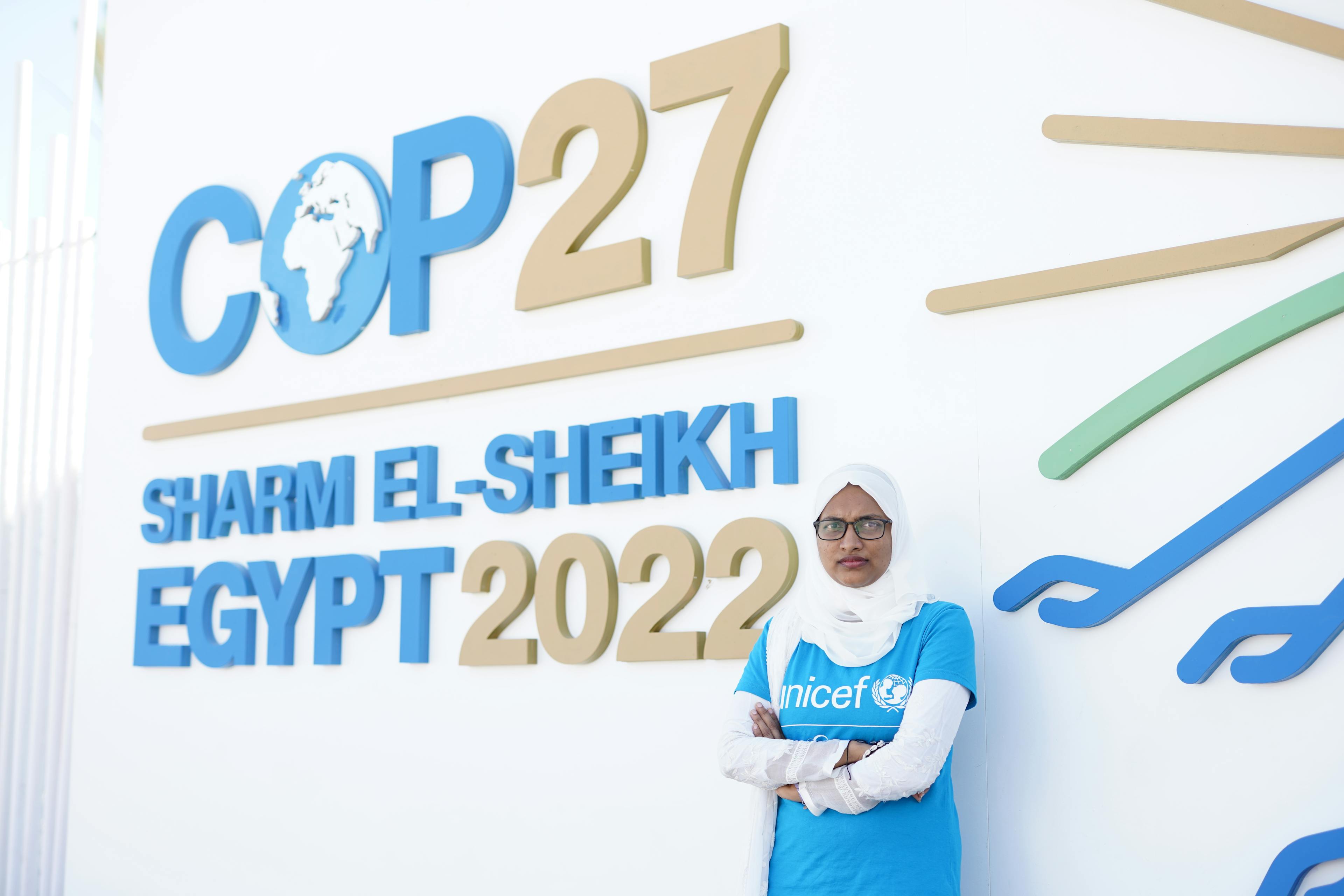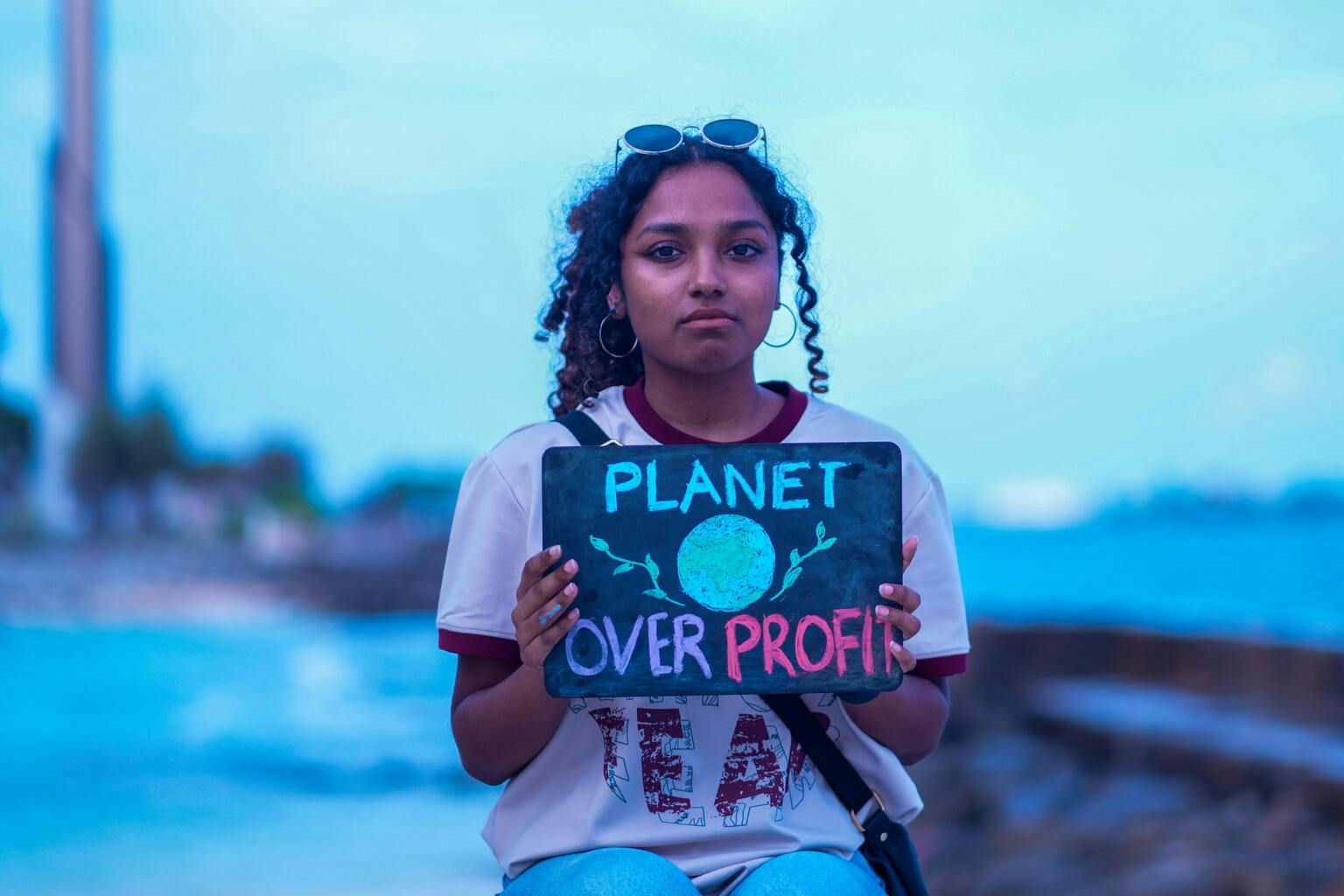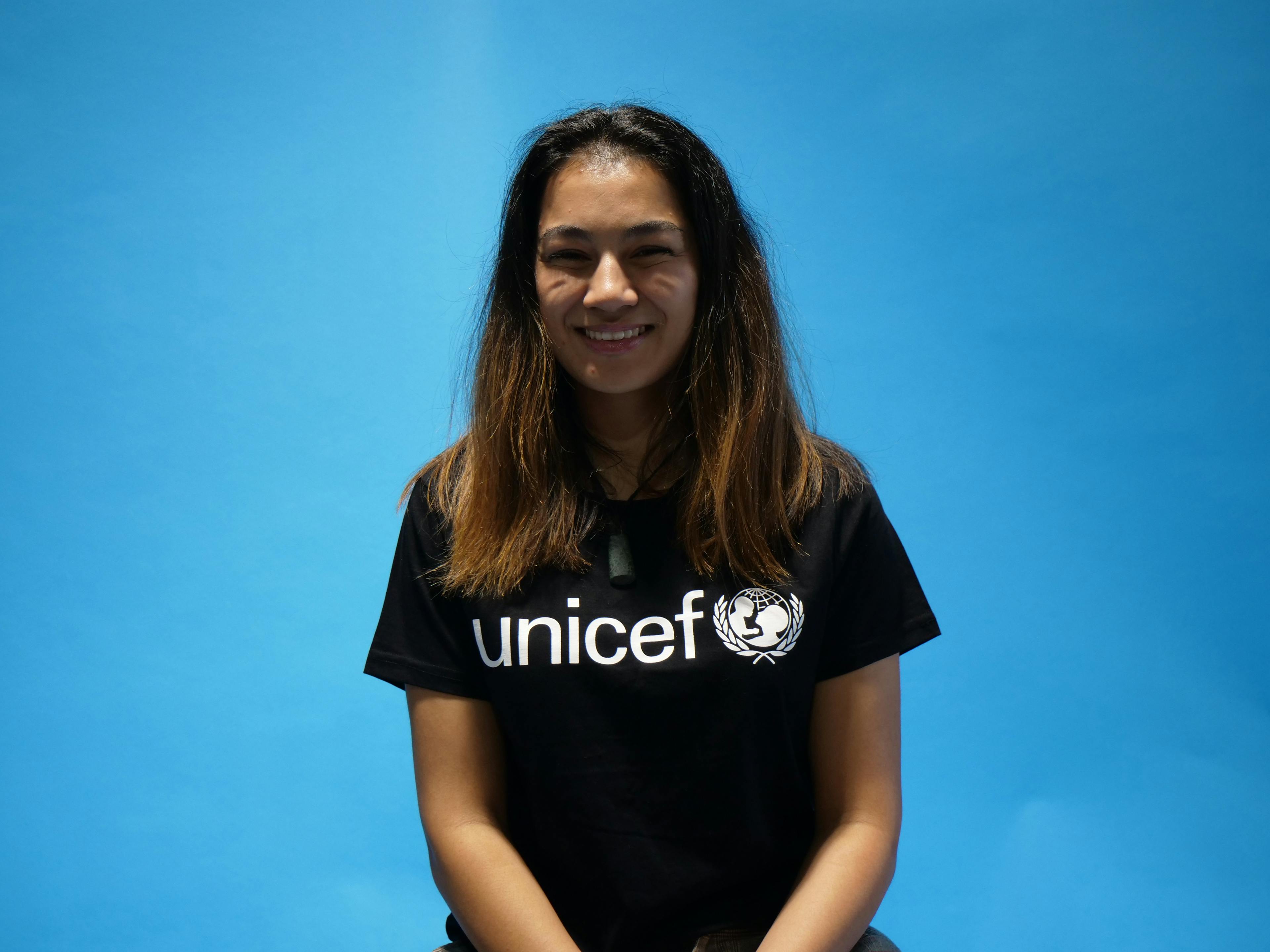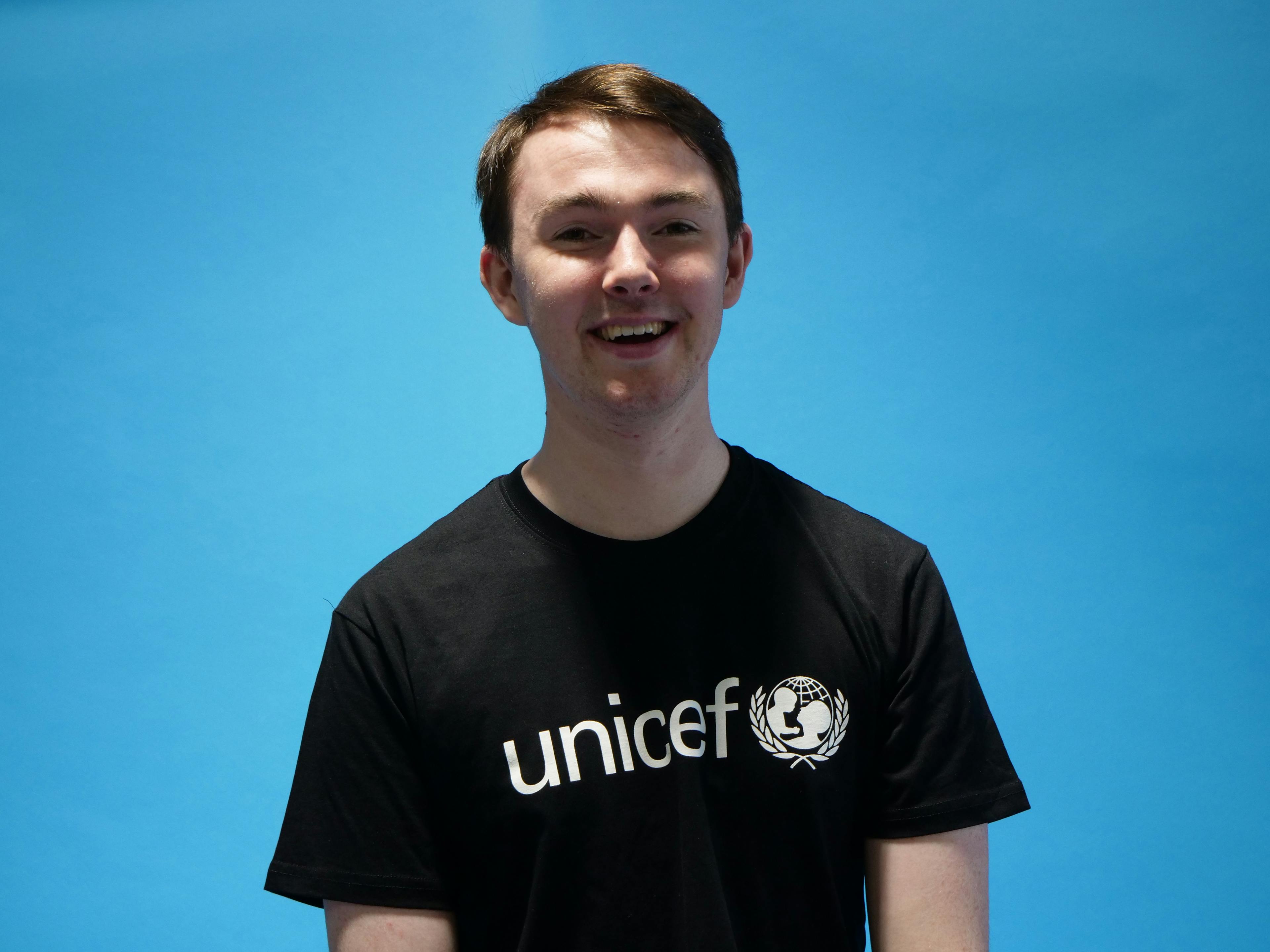
What is COP and why are the voices of rangatahi so important
Home
Stories
What is COP and why are the voices of rangatahi so important
As an organization founded on advocating for child rights, one of UNICEF’s areas of focus has been the climate crisis. Specifically, how to contribute to sustainable long-term solutions for tamariki whilst also supporting rangatahi in their contributions to the discourse. The UNICEF Aotearoa Young Ambassadors are on their way to COP 28 and as the biggest event on the global climate action calendar, this is a pretty big deal. Here’s a break down on what to know…
What is COP?
COP stands for “Conference of the Parties”. It functions as the supreme decision-making body within the United Nations Framework Convention on Climate Change (UNFCCC). The UNFCCC was founded in 1992 and has served as the solid foundation for international climate negotiations. It’s main aim is to address global climate change and its impact. Whilst the convention itself has not established any concrete targets - nor was it created with the intention of doing so - it’s annual forum, COP, does.


The purpose of COP
Attended by 198 member countries the UNFCCC’s COP forums are where all the action happens. The gathering will see world leaders, businesses, climate scientists, young people, and media meet to discuss solutions to tackle climate change and assess progress towards targets based on previous declarations.
It’s where the global community can engage in positive and meaningful dialogue and negotiate and advance strategies and policies that meet climate change head on. The aim is to create a treaty or commitment for next steps towards impactful climate action. The most notable key global climate treaties to come out of COP have been: the Kyoto Protocol in 1997, and the Paris Agreement in 2015.
The role of youth in climate action
Historically, rangatahi have played a significant role in climate action. Whether it’s global awareness and advocacy, community engagement, innovation and technology, they have had an undeniable impact on policy formation. And while they may not yet have professional or career experience for now, they are nevertheless important stakeholders in the global community. Ultimately, decisions that impact their daily lives should not be made without them.
Young people often have fresh and authentic perspectives to bring to the table, given their different life experiences and in-depth understanding of newer technologies. These perspectives have the potential to set the stage for innovative breakthroughs in climate technology and regulations. Youth engagement is also critical in creating an inclusive policy landscape that positively influences tamariki and rangatahi.
And COP is one of the key global events where their voices can be heard.

UNI458386
Rangatahi at COP
n 2009, the UNFCCC formed YOUNGO, or the Official Children and Youth Constituency of the UNFCCC, which is made up of accredited youth NGOs. Their vision is to empower children and youth to act and work to enhance their skills and capacity to drive the necessary and ambitious climate actions and policies at all levels towards a liveable climate-just future.
Following the addition of the first-ever Children and Youth pavilion at COP27, COP28 aspires to nurture the role of youth even further with 3 designated spaces at this year’s conference; the Children and Youth Pavilion and the Youth Climate Champion Pavilion in the Blue Zone, as well as the Youth Hub in the Green Zone. UNICEF will also have it’s own pavilion.
And UNICEF Aotearoa’s Young Ambassador’s are amped!

“I’m excited to go to COP28. I want Indigenous and Māori perspectives to be brought to the decision-making table. I feel ready to take on the world!!" Priya Potts.
“I’m really looking forward to learning about the international progress being made in climate change from leading authorities, having productive discussions with members of the international community about how climate change is impacting and being addressed overseas," Finley Duncan

The UNICEF Aotearoa Young Ambassadors bring unique perspectives to COP, as indigenous, Māori, Pasifika, LGBTTQIA+, rural and urban rangatahi. They will also be representing the perspectives of other young New Zealanders on climate action, after speaking with hundreds of young people across the motu in the build up to COP 28. Follow along on our social channels to see all the action and kōrero through their eyes.
